
Angélique Aubrit & Ludovic Baillard, Laure Prouvost, Angyvir Padilla, Bin Koh, Paloma Bouhana, Pyeori Jung
GGOKTU-GAKSI, Put Your Hand into Me
Project Info
- 💙 Huidenclub
- 💚 Paloma Bouhana & Pyeori Jung
- 🖤 Angélique Aubrit & Ludovic Baillard, Laure Prouvost, Angyvir Padilla, Bin Koh, Paloma Bouhana, Pyeori Jung
- 💜 Paloma Bouhana
- 💛 Pyeori Jung, Rosanna Peng
Share on
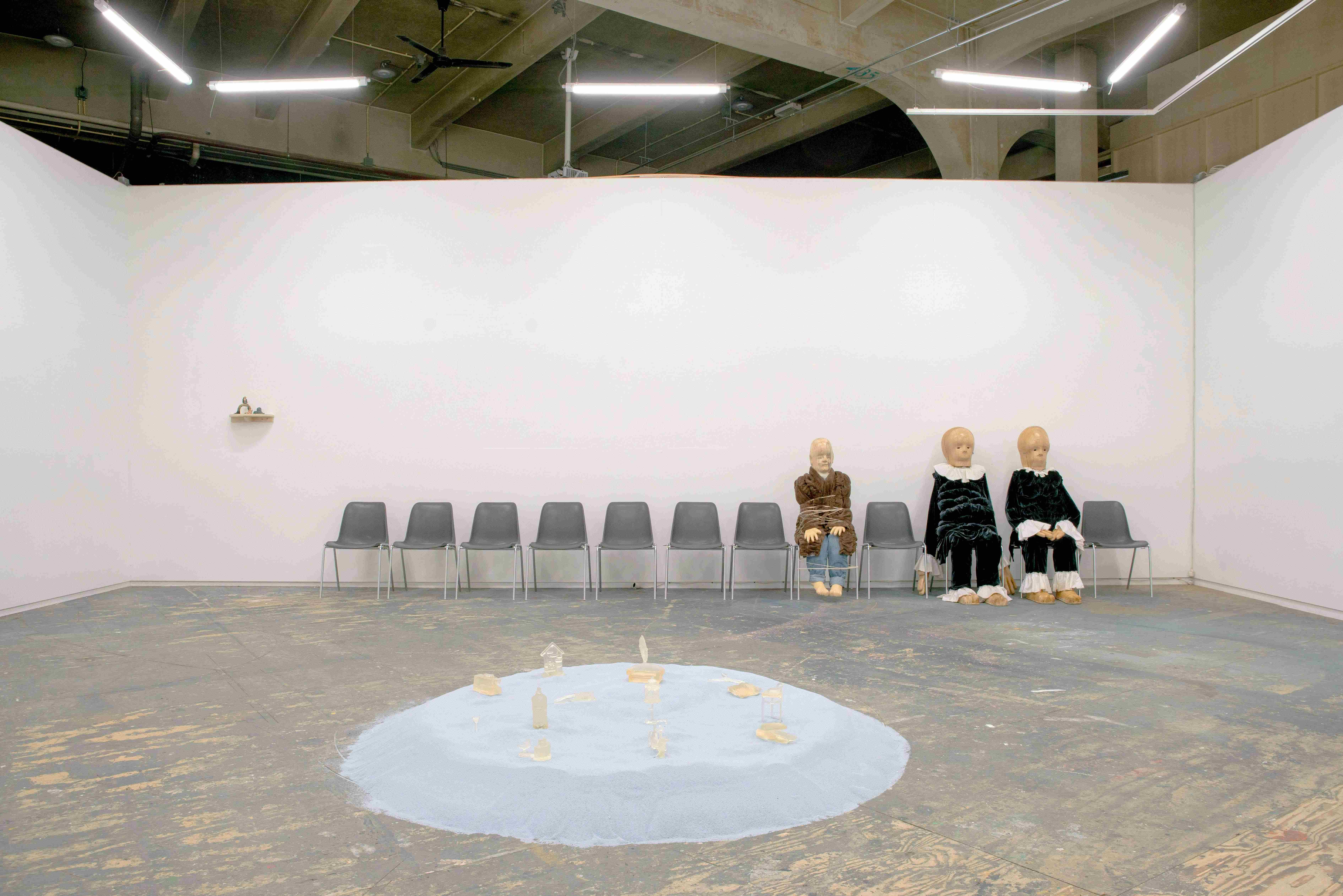
Advertisement
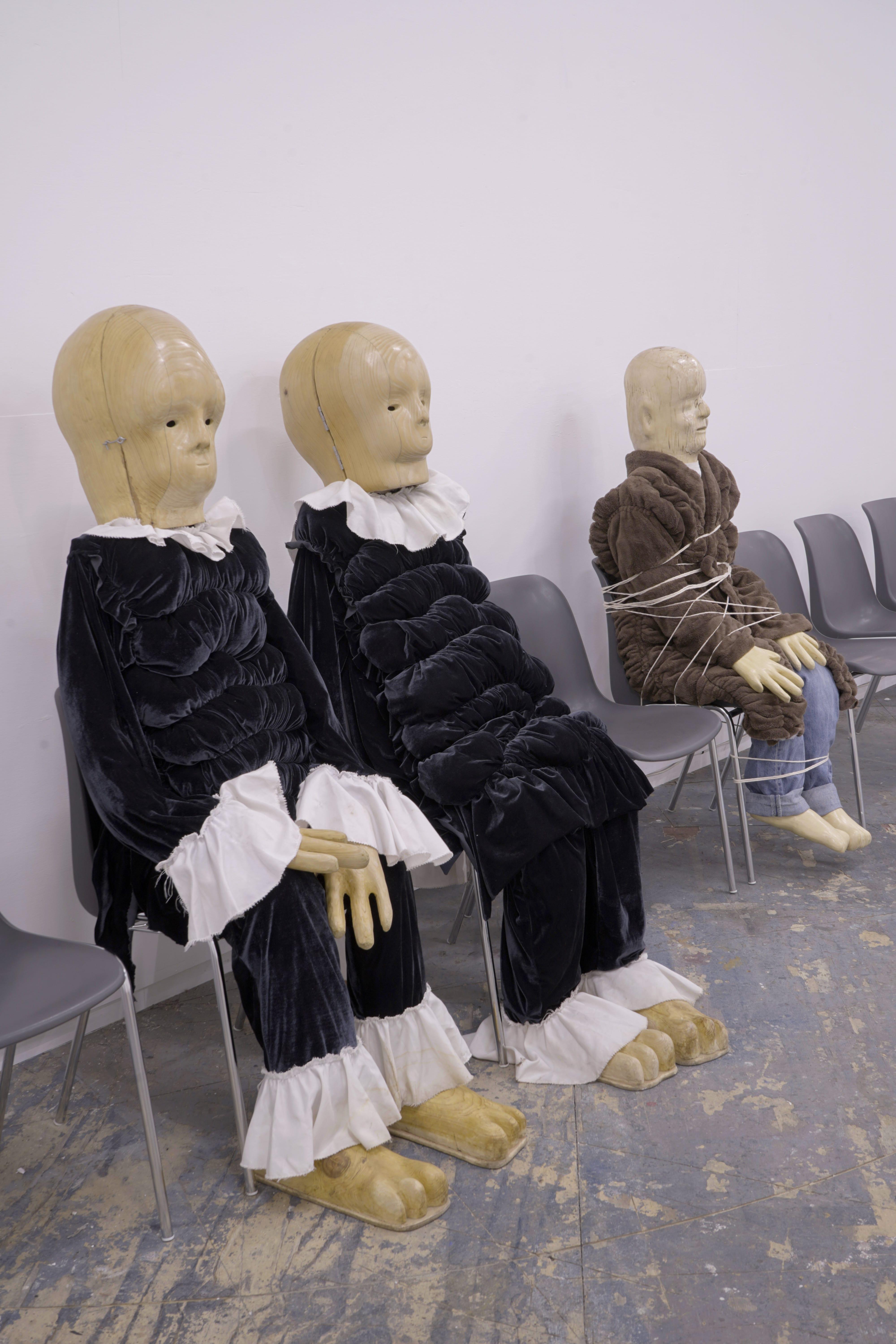
Ich glaube, wir sollten woanders hingehen (2023) by Angélique Aubrit & Ludovic Baillard
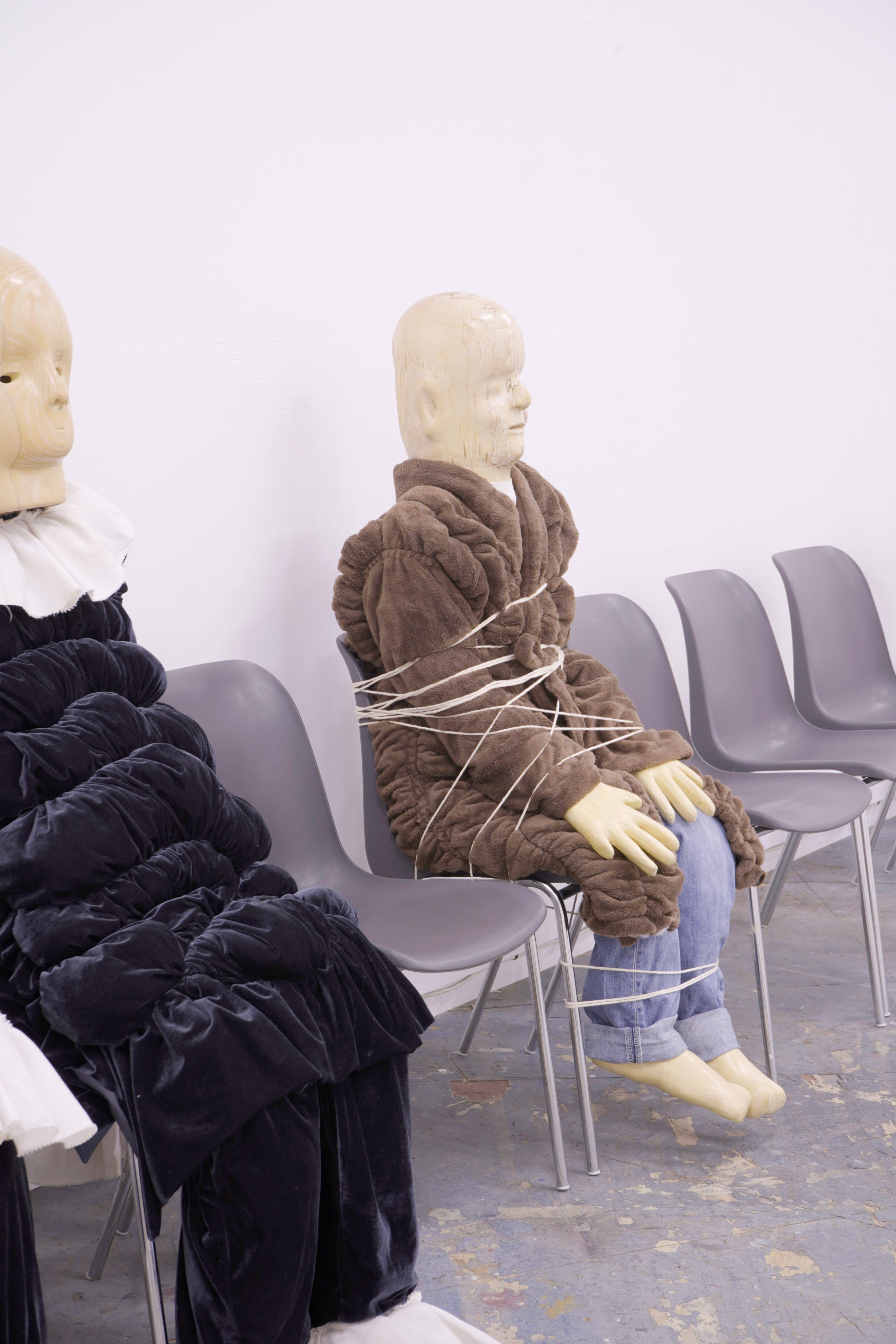
Ich glaube, wir sollten woanders hingehen (2023) by Angélique Aubrit & Ludovic Baillard
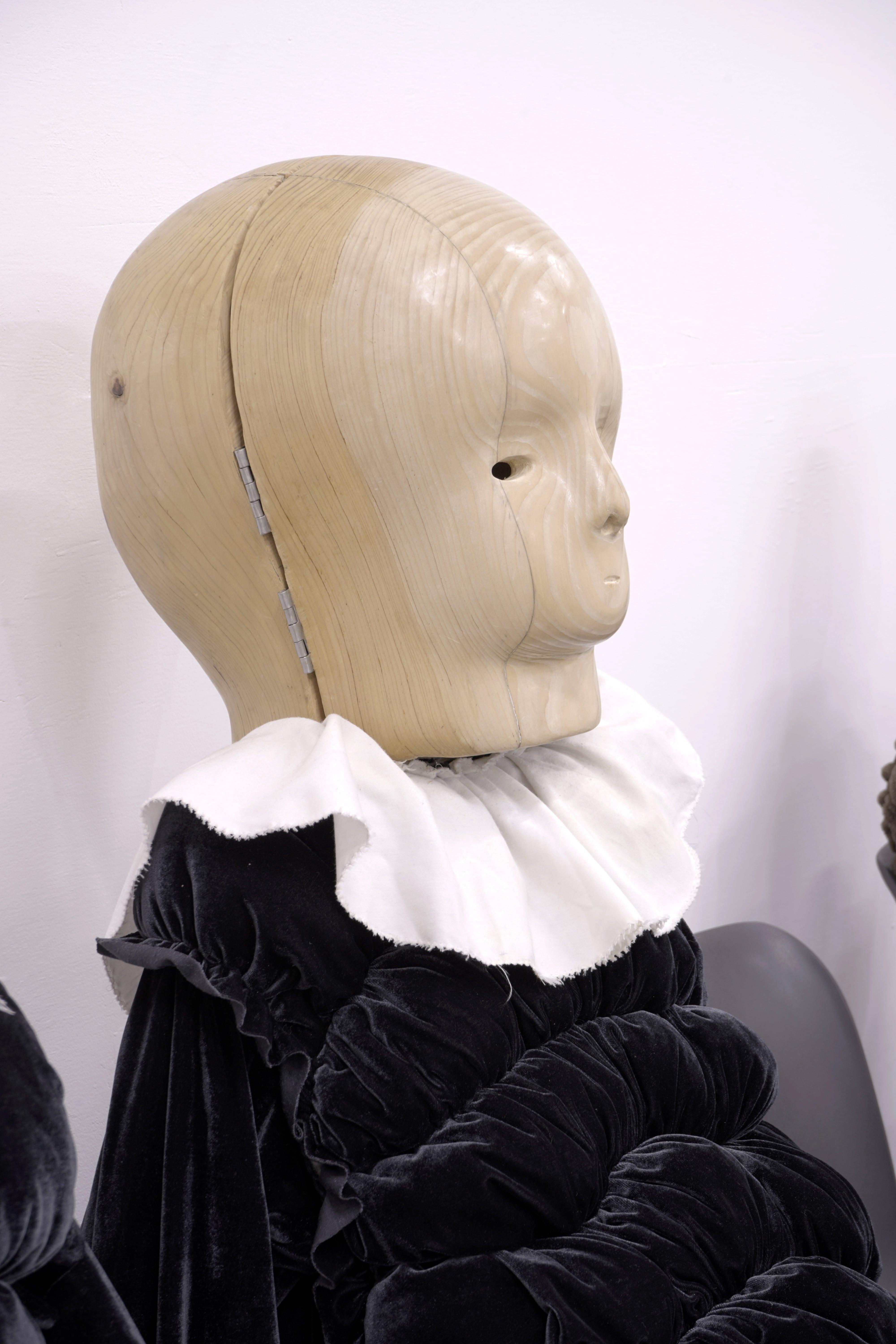
Ich glaube, wir sollten woanders hingehen (2023) by Angélique Aubrit & Ludovic Baillard
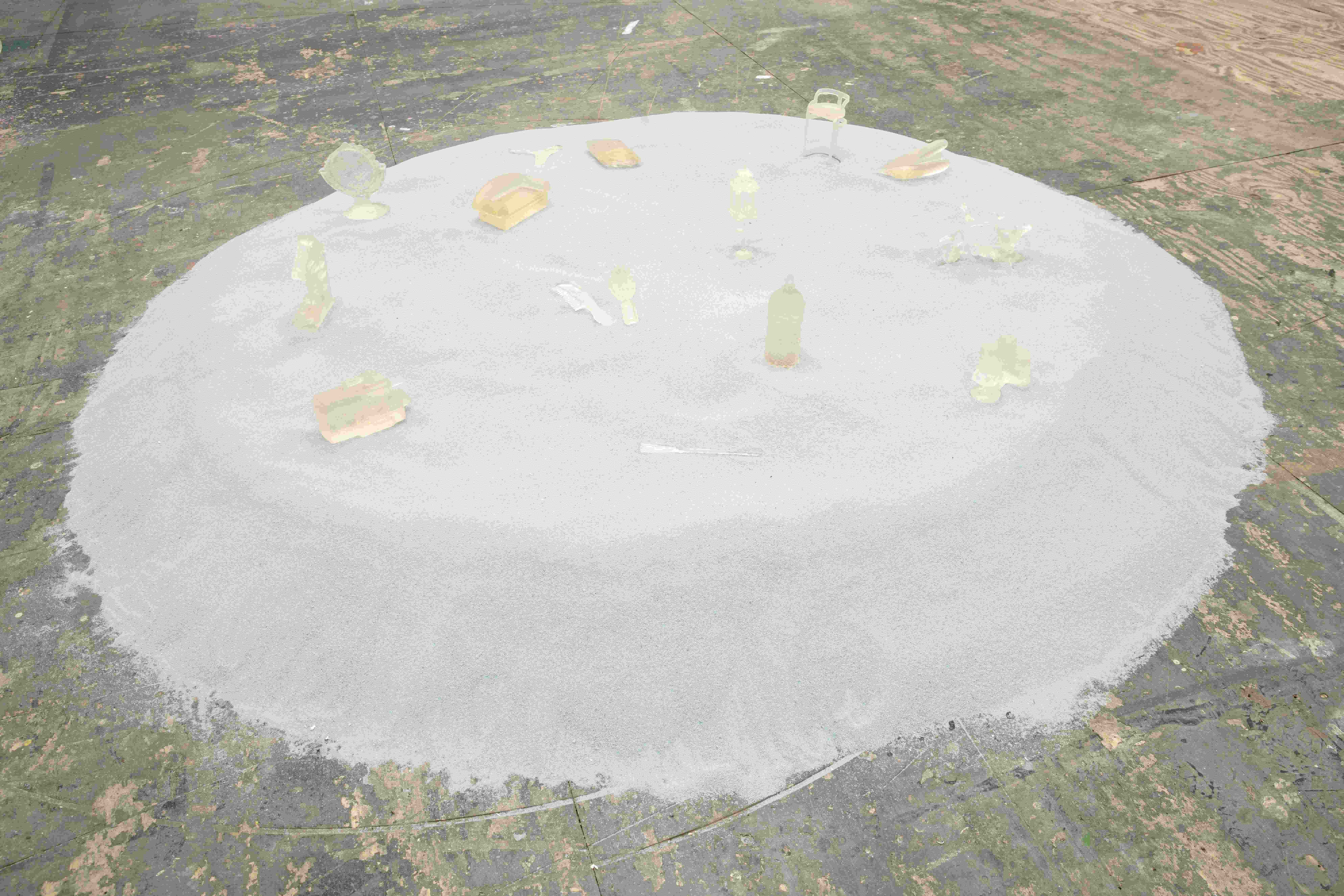
LO QUE NO PARECE IMPORTANTE PERO QUE SIEMPRE ESTÁ AHÍ (2023) by Angyvir Padilla
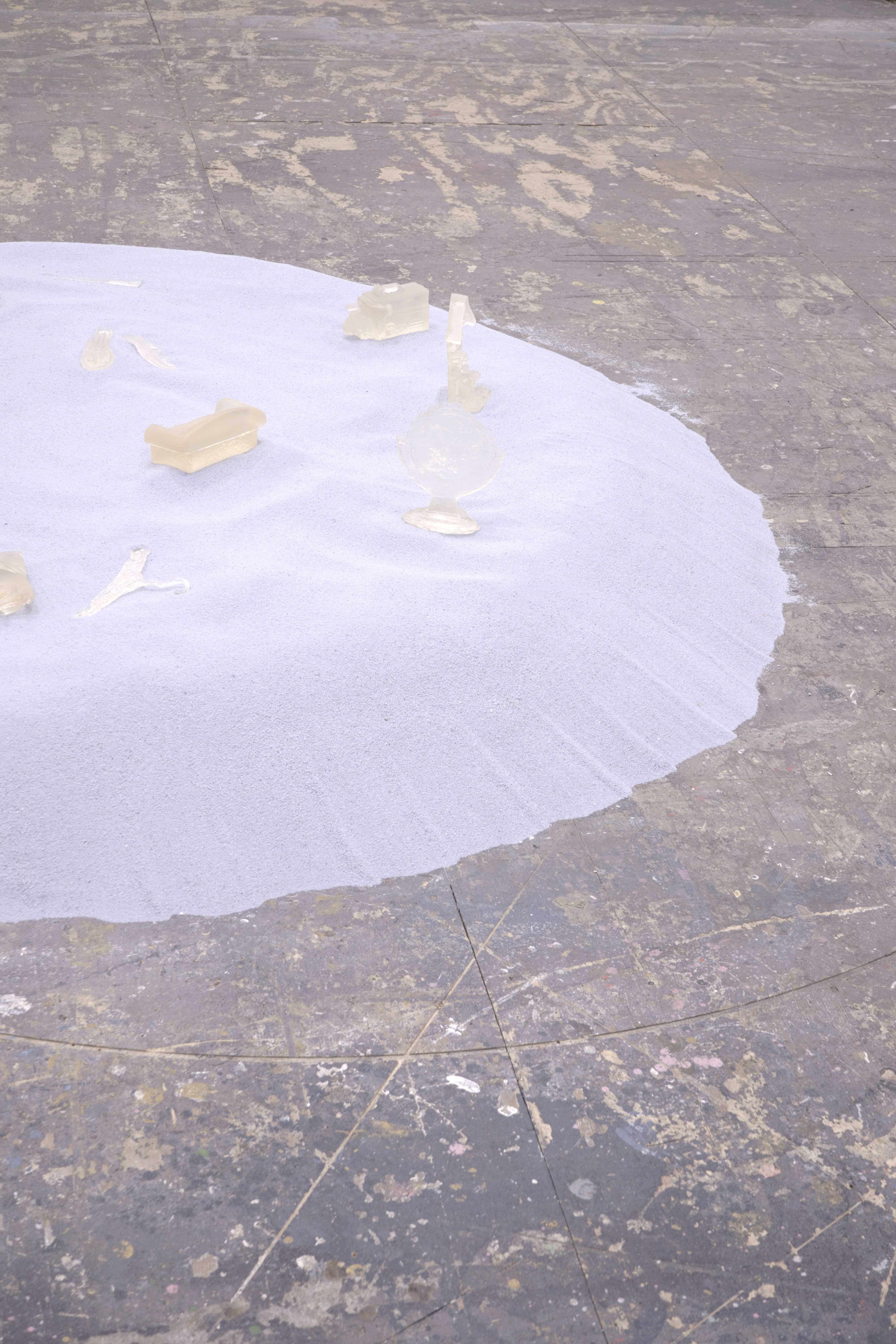
LO QUE NO PARECE IMPORTANTE PERO QUE SIEMPRE ESTÁ AHÍ (2023) by Angyvir Padilla
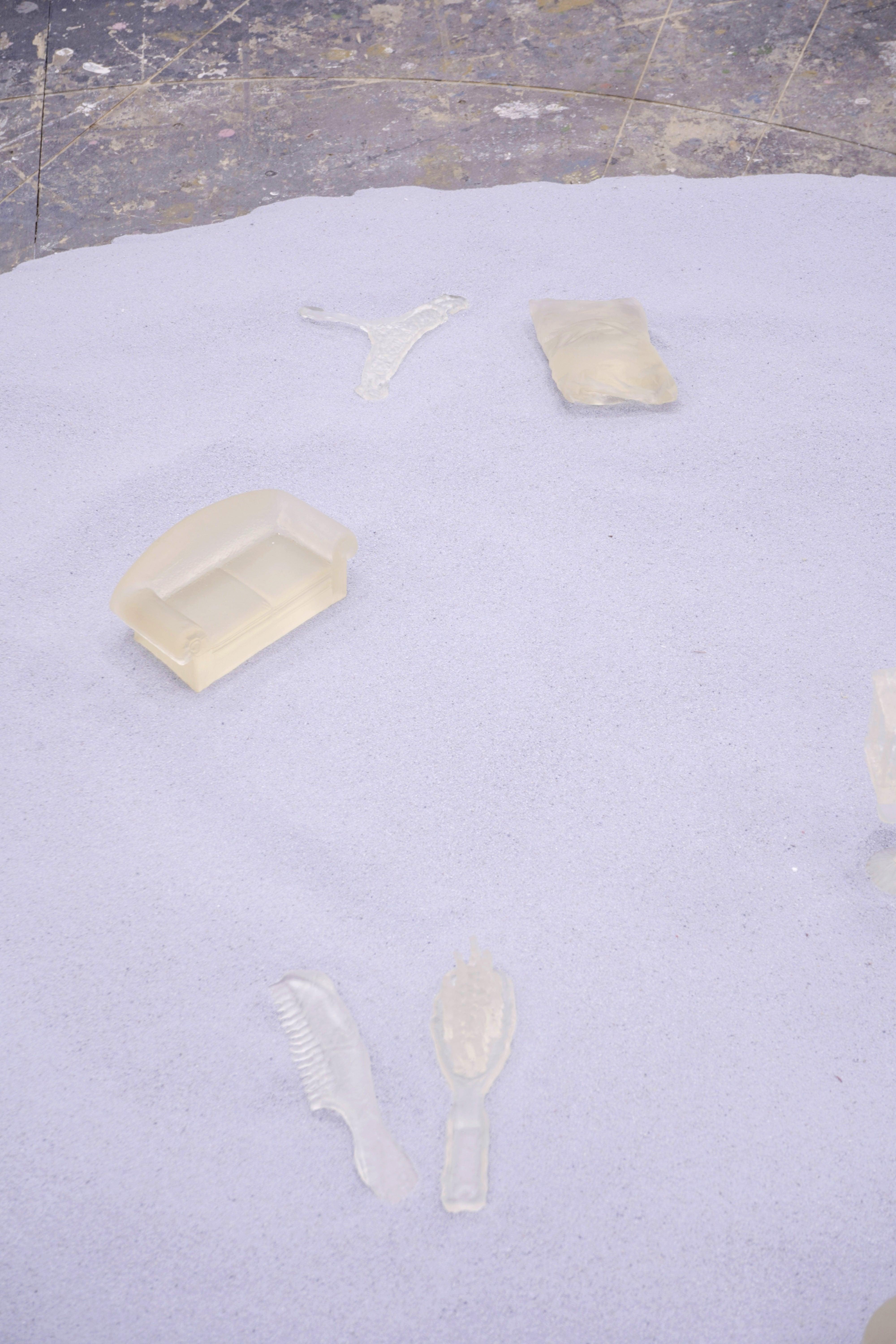
LO QUE NO PARECE IMPORTANTE PERO QUE SIEMPRE ESTÁ AHÍ (2023) by Angyvir Padilla
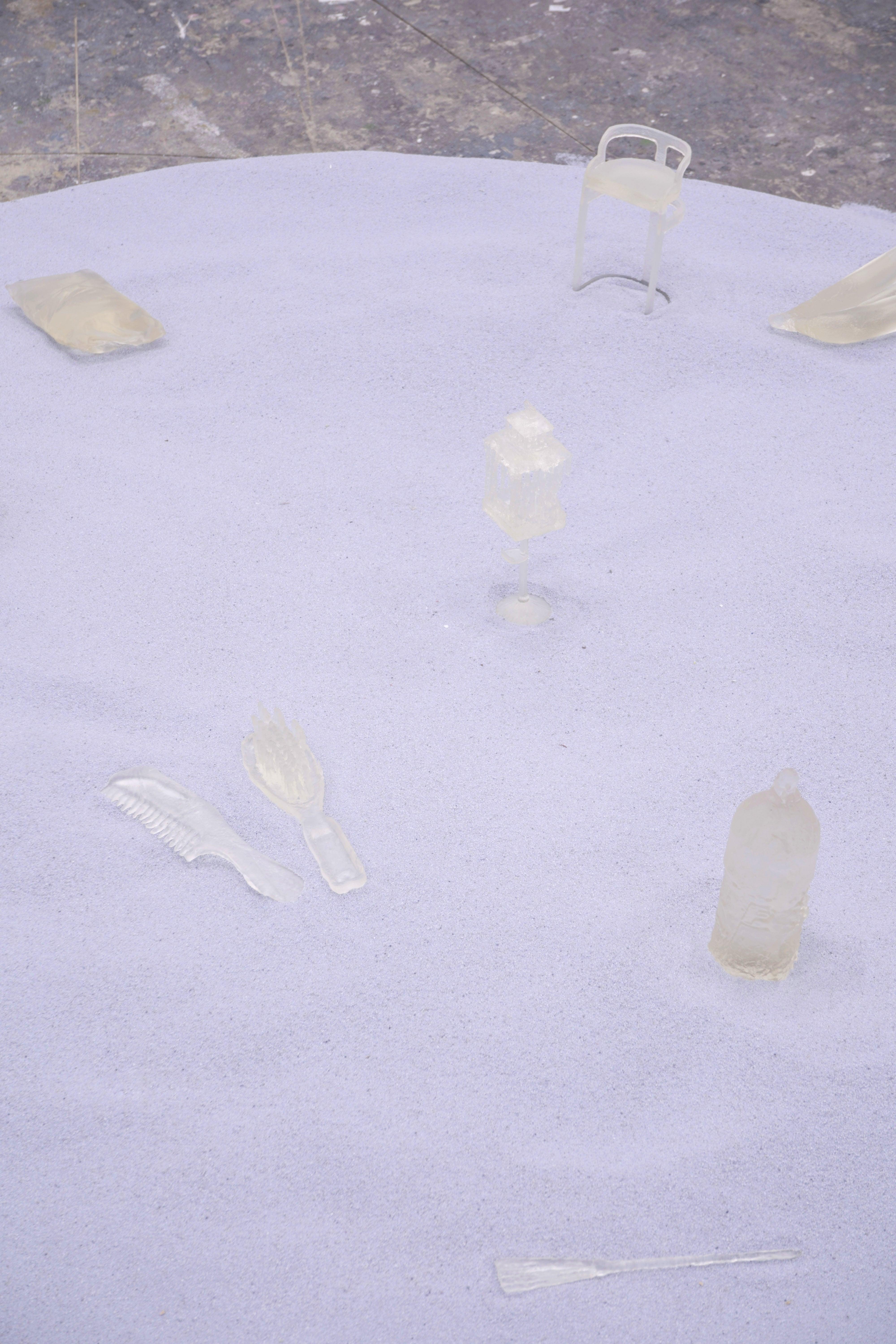
LO QUE NO PARECE IMPORTANTE PERO QUE SIEMPRE ESTÁ AHÍ (2023) by Angyvir Padilla
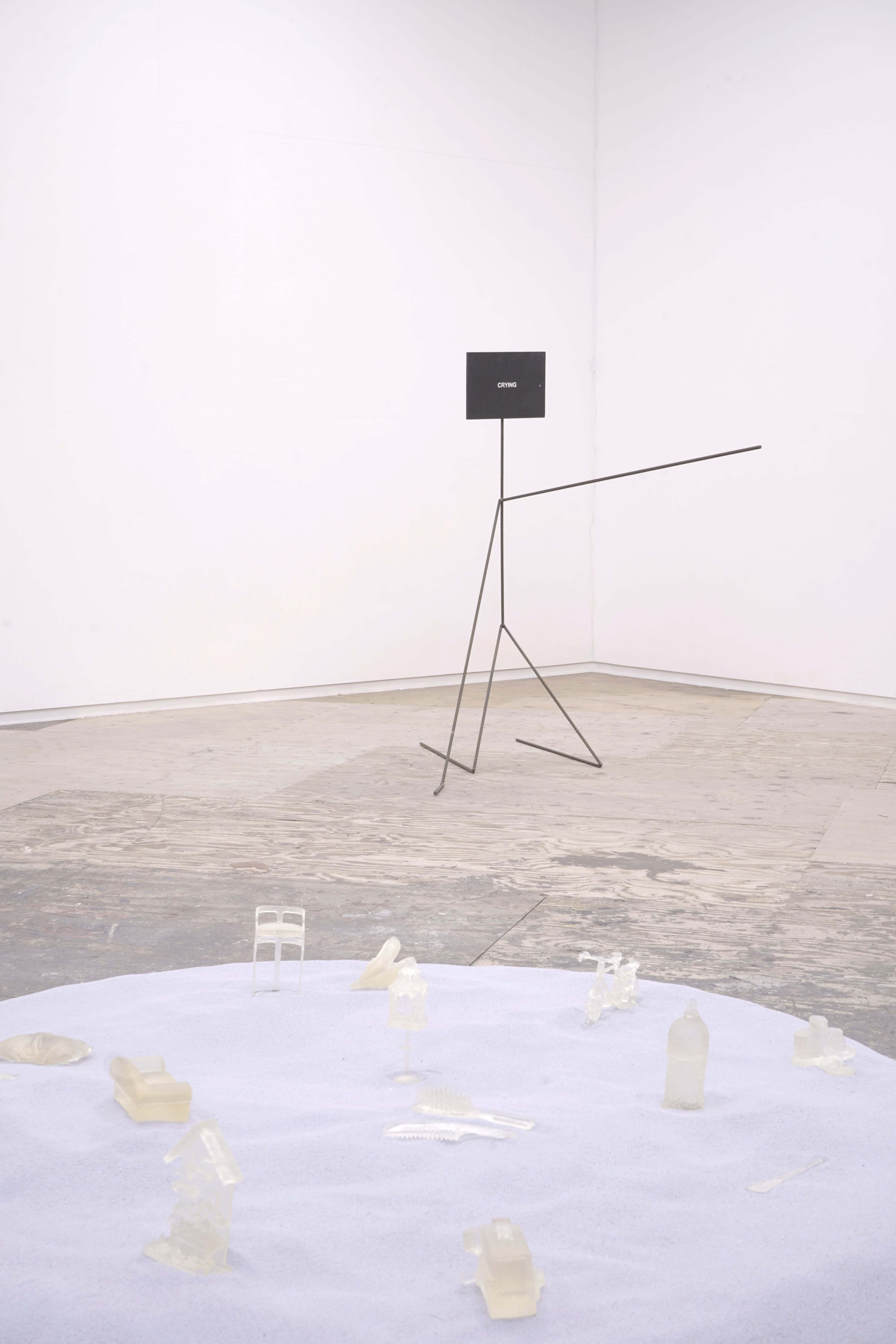
Metal Man - Talking About Art (2015) by Laure Prouvost
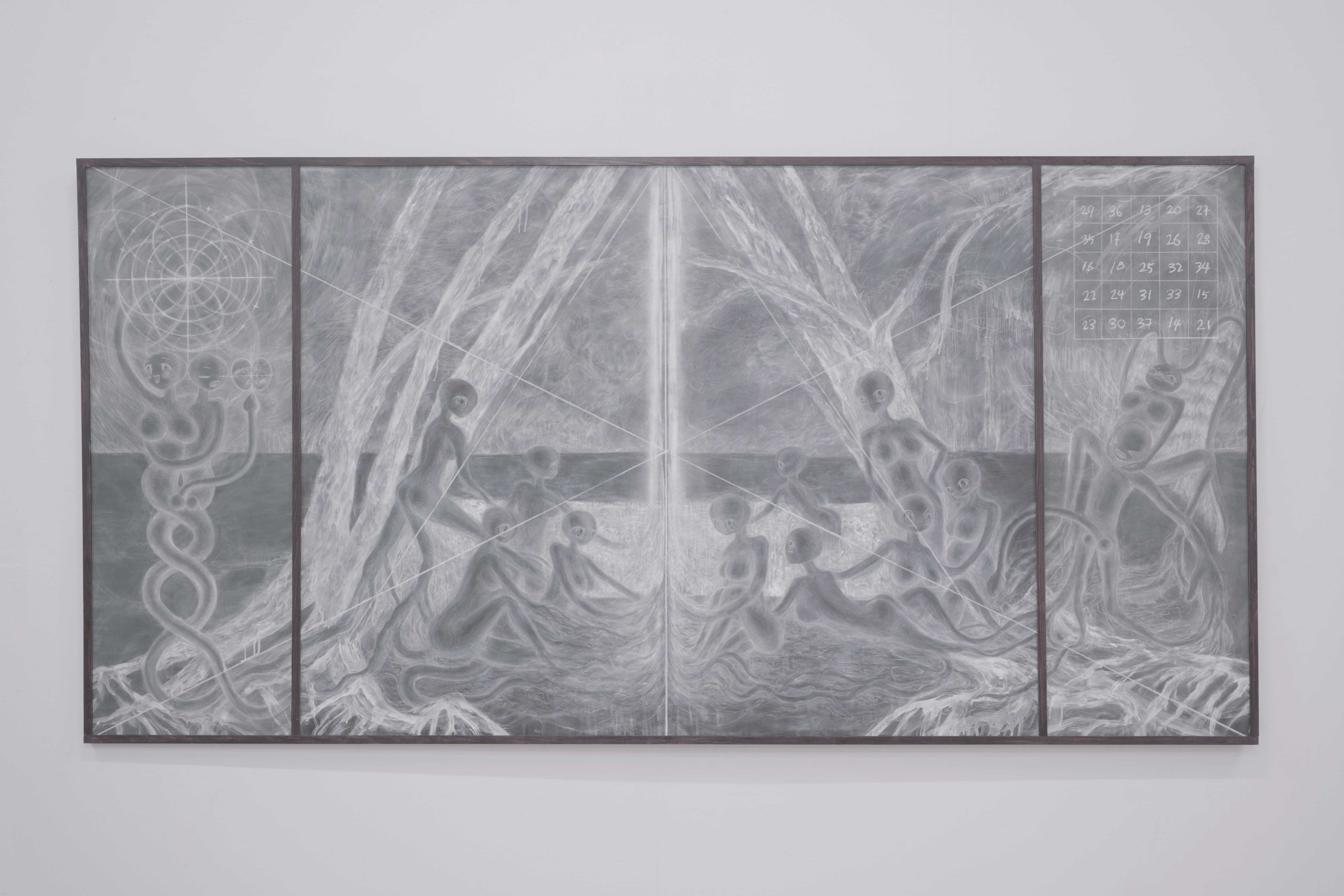
Field Trip (2025) by Bin Koh
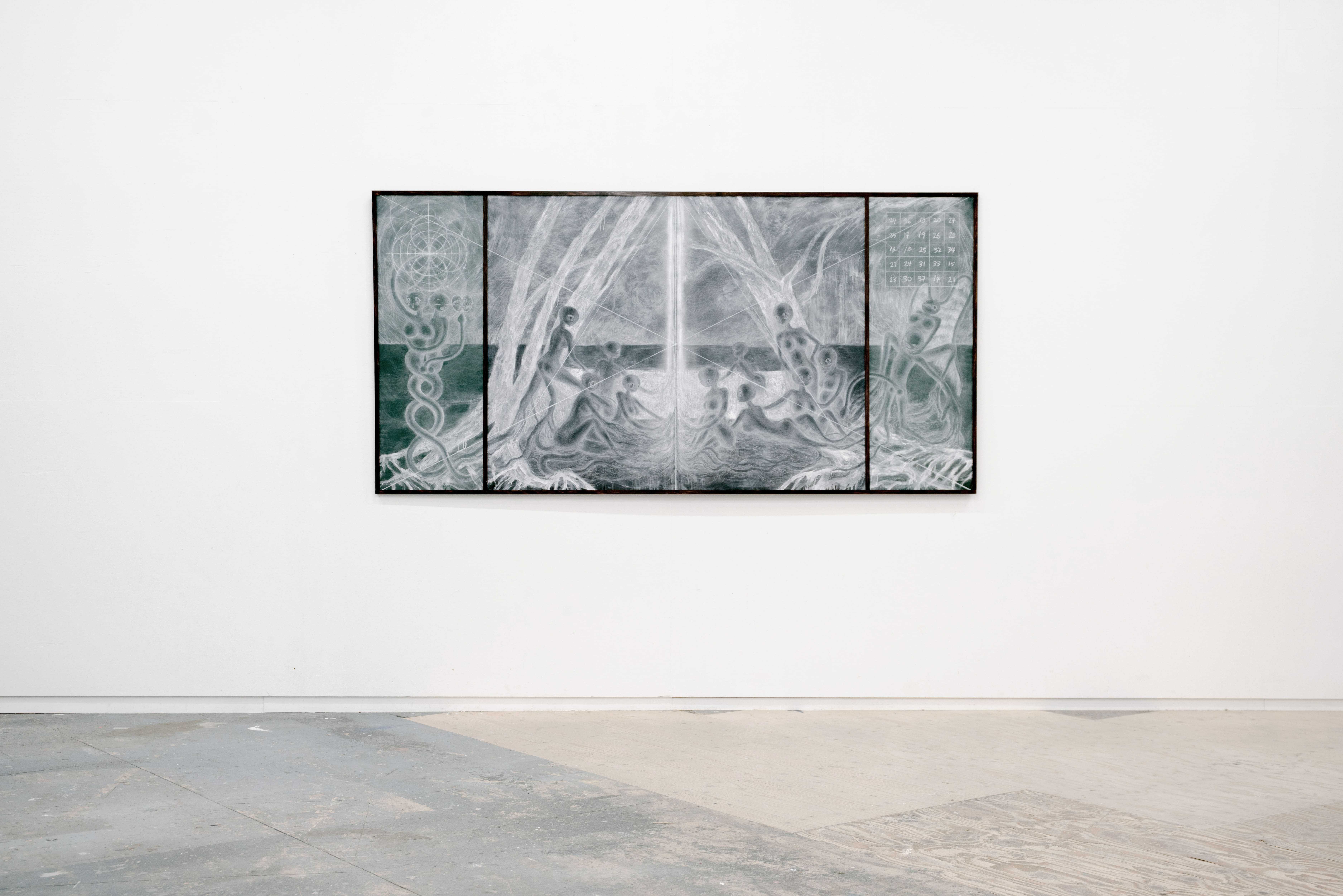
Field Trip (2025) by Bin Koh
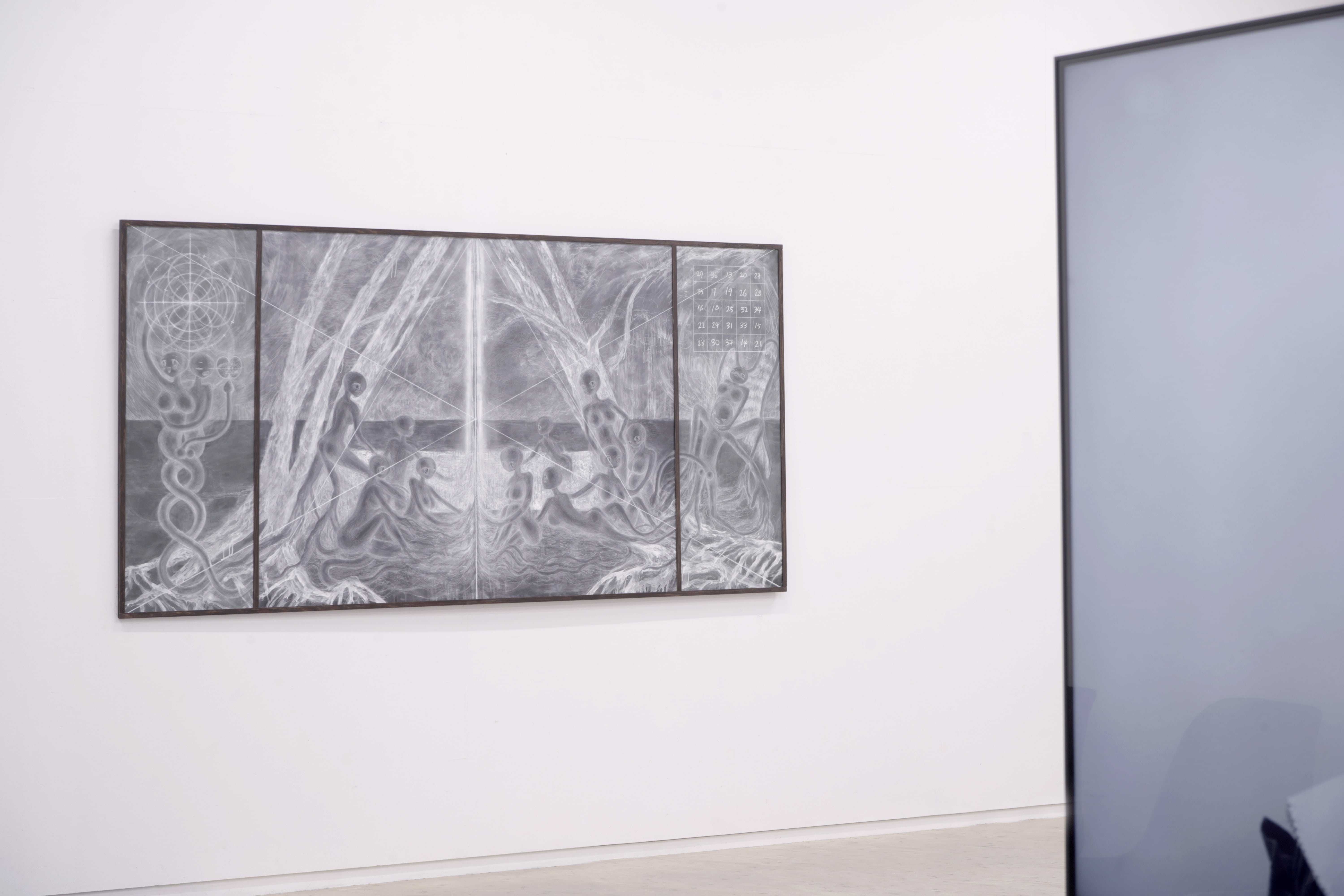
Field Trip (2025) by Bin Koh
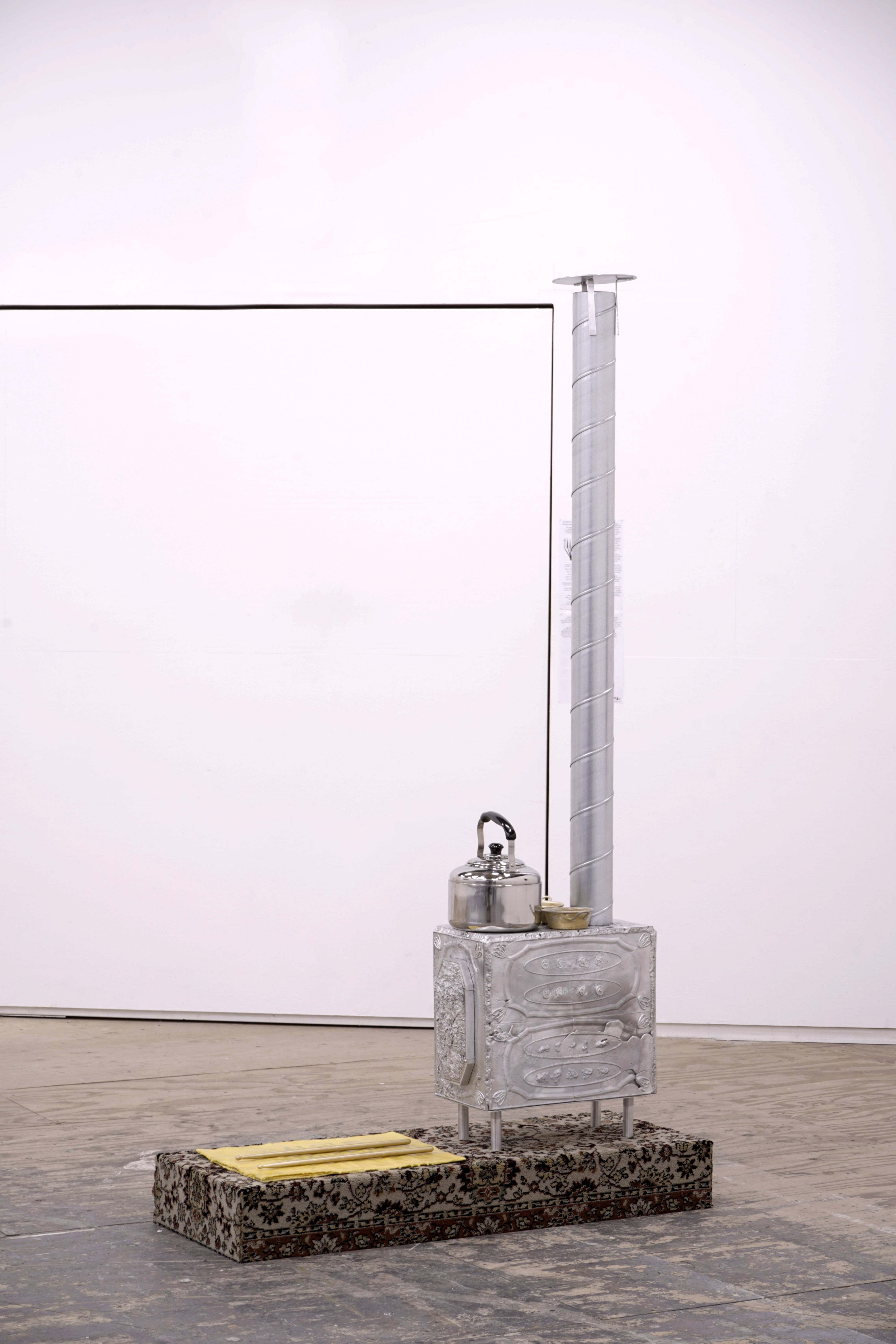
At Ease (2025) by Pyeori Jung
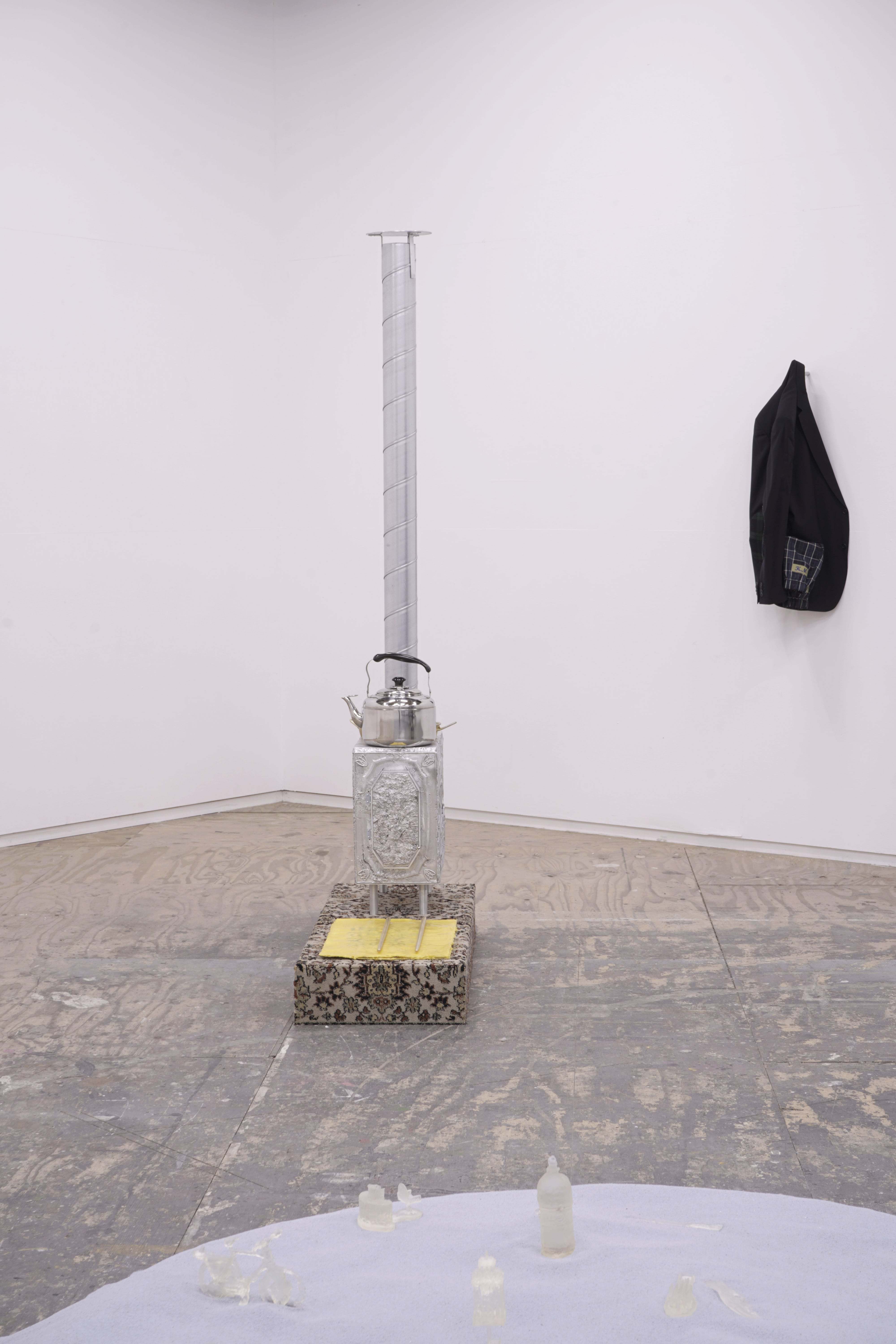
At Ease (2025) by Pyeori Jung
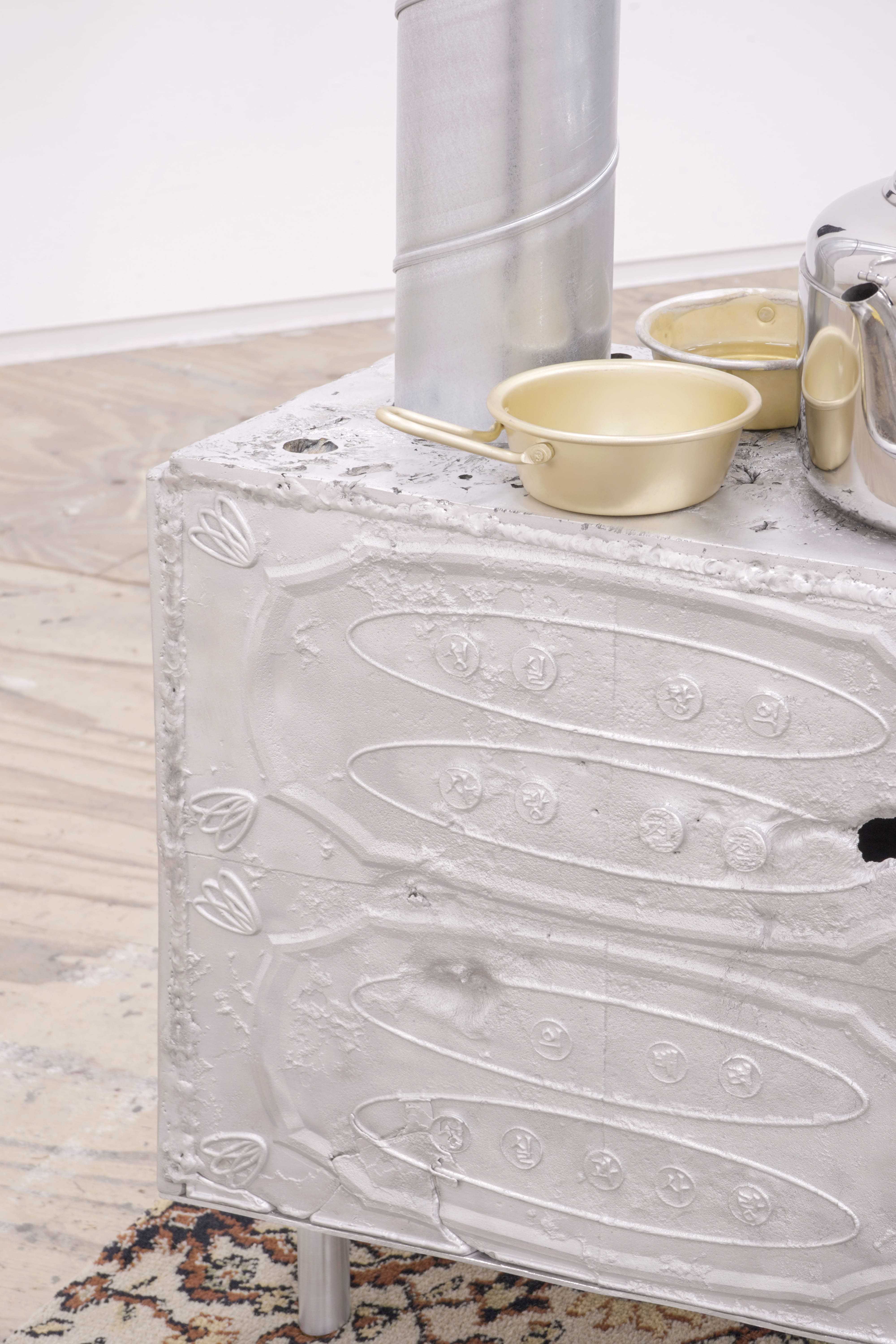
At Ease (2025) by Pyeori Jung
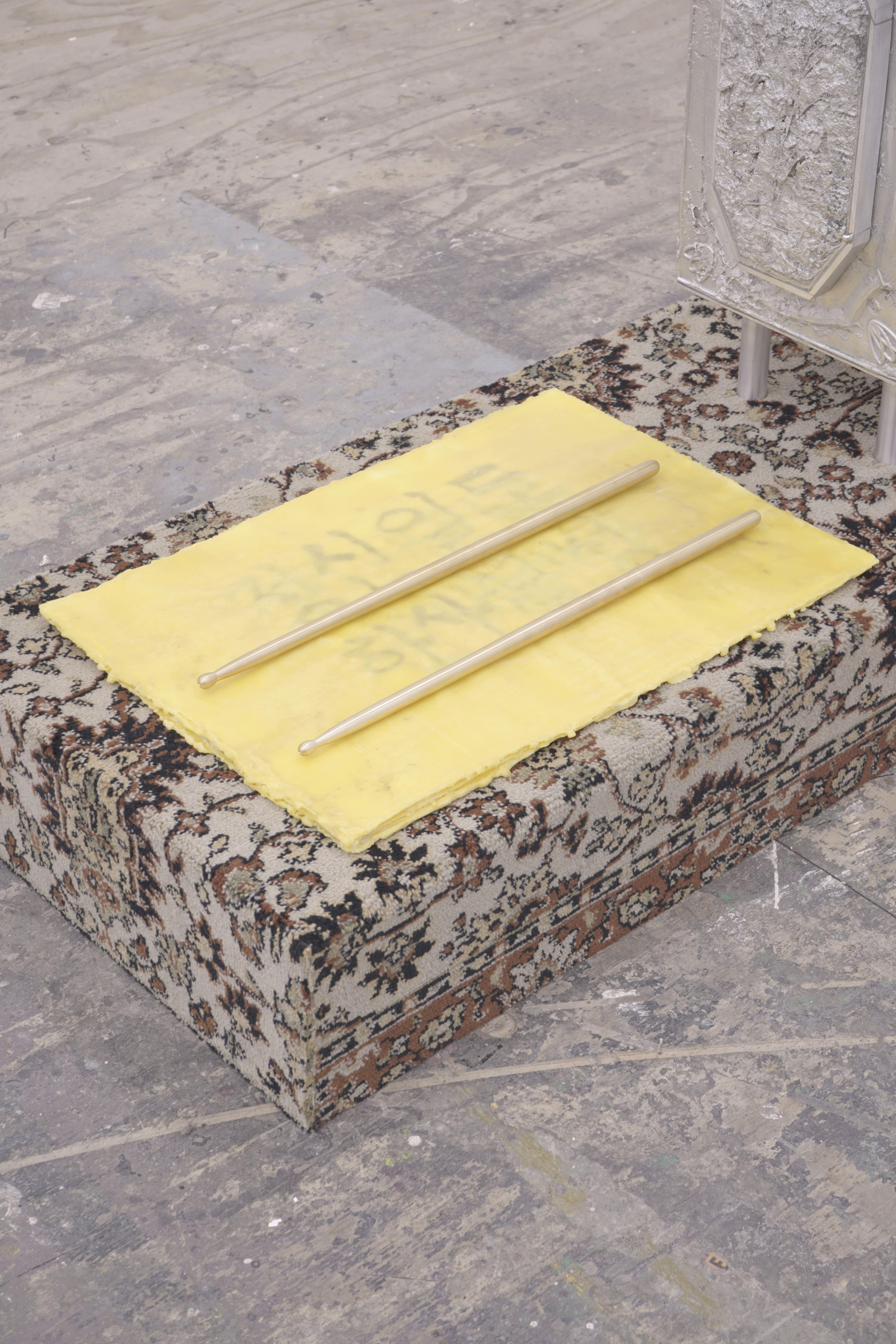
At Ease (2025) by Pyeori Jung
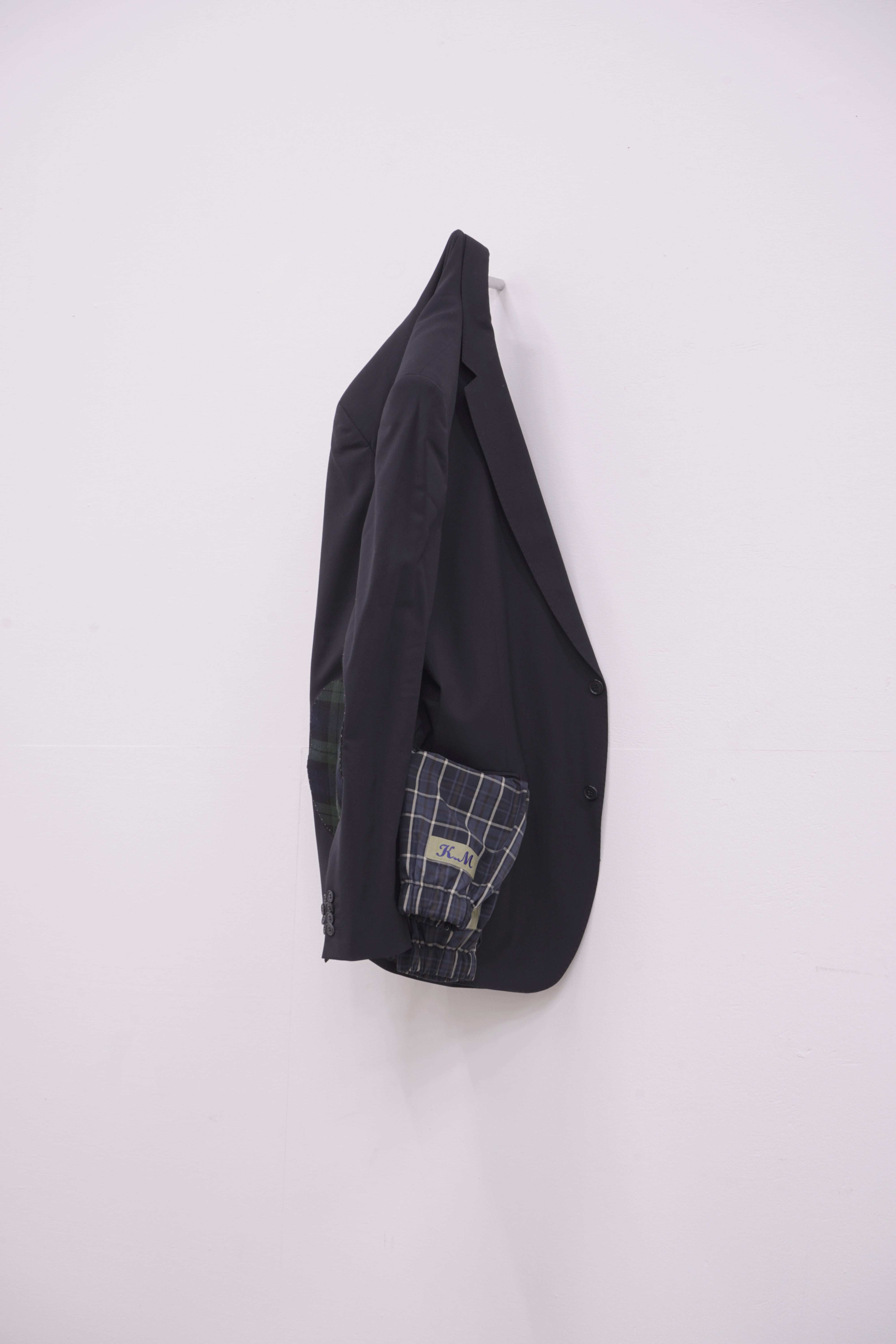
At Ease (2025) by Pyeori Jung
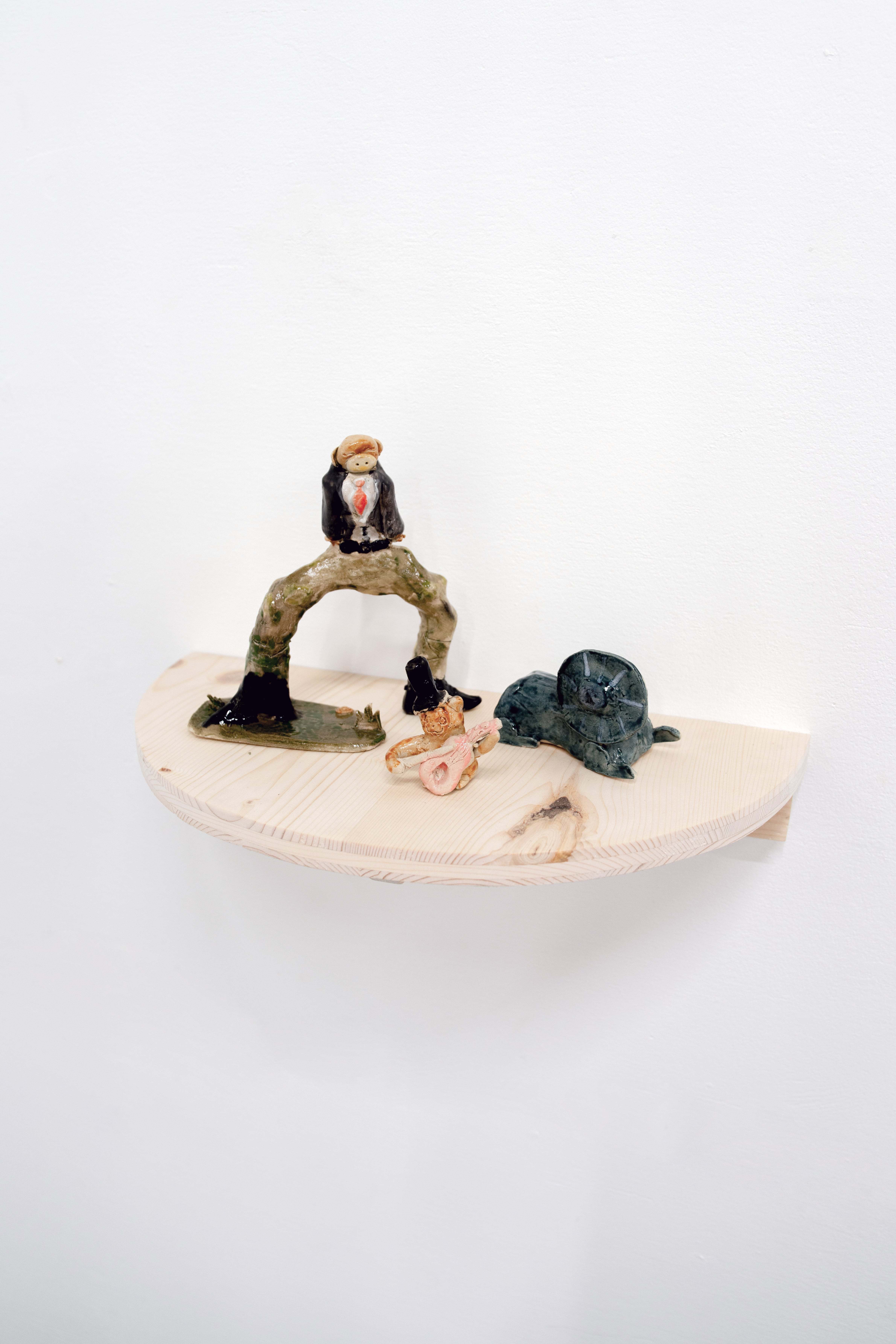
Medieval Mercenary Warrior (2025) by Paloma Bouhana
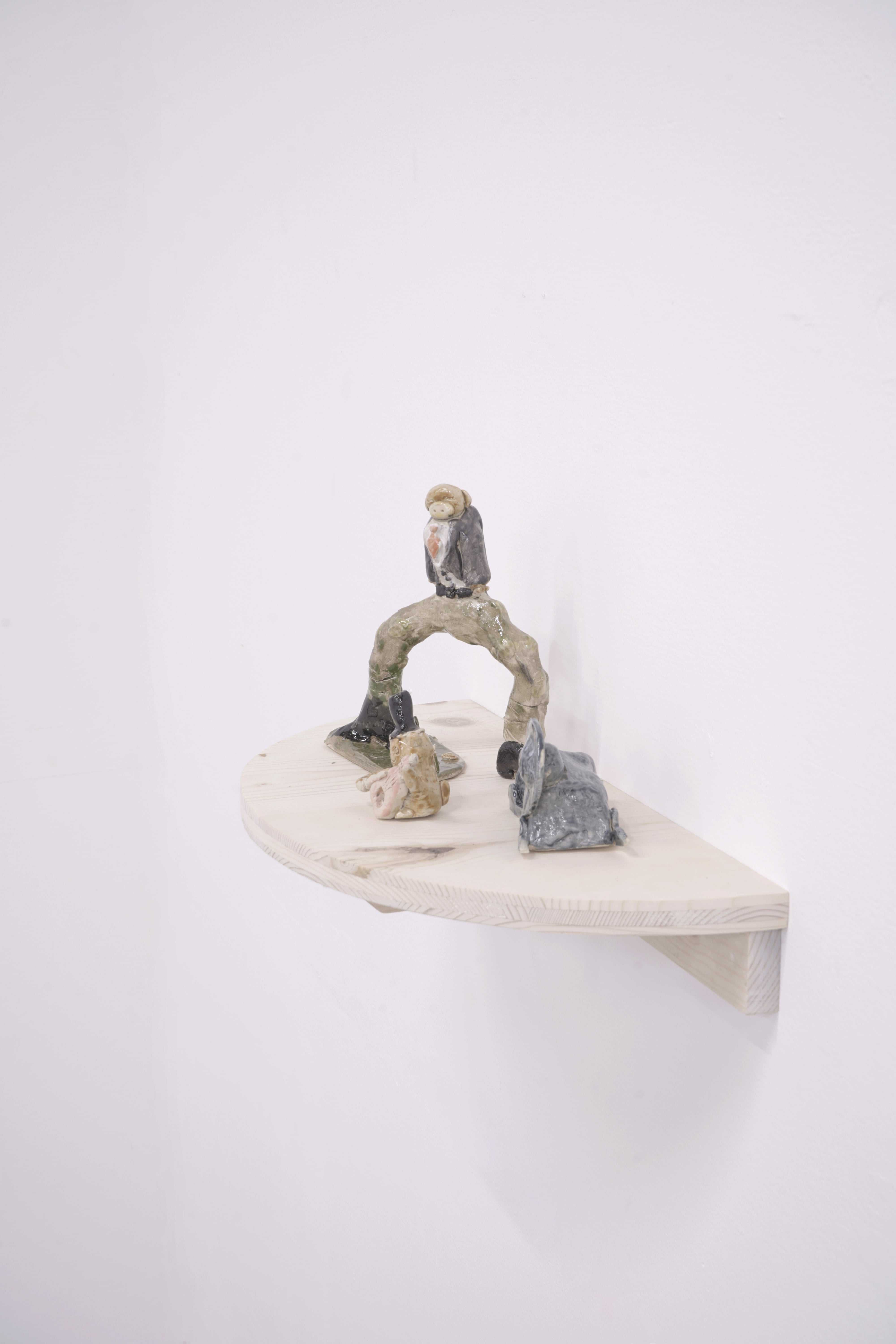
Medieval Mercenary Warrior (2025) by Paloma Bouhana
GGOKTU-GAKSI (꼭두각시) literally means "wooden doll" in Korean, a figure that one can animate negotiating autonomy and submission, either by pulling strings attached to it or by putting your hand inside its body and moving your fingers. Growing up in South Korea, Pyeori Jung observed how discipline and play are braided together - games in childhood reinforced obedience, rigid education and mandatory military service ingrained a sense of control over movement.
The first puppet show Pyeori Jung ever witnessed was not on a stage, but in a classroom. A teacher paced between rows of students, rhythmically striking his own back with a wooden ruler as he observed them. His punitive gestures became predictable and the children instinctively turned his act into a game—anticipating his movements, dodging the blows. In this choreography, the teacher himself became the first puppet Pyeori encountered, his rigid authority unknowingly transformed into an absurd performance.
Pyeori Jung invited Paloma Bouhana to curate together a show exploring the balance between individual expression and collective discipline. They gathered around 5 other artists and asked: Who pulls the strings? — creating a productive tension within the exhibition and opening up other questions about autonomy, submission, and resistance across cultural contexts. Through this lens, GGOKTU-GAKSI, Put Your Hand into Me examines the ways in which external forces shape bodies, gestures, and actions from an early age, inviting viewers to reflect on the unseen hands that guide movement—both on stage and in everyday life.
During the opening performance, Angélique Aubrit & Ludovic Beillard’s life-sized handcrafted puppets suspended between autonomy and manipulation, are guided by an unseen voice through an audio guide. Angyvir Padilla’s 3D-printed sculptures, embedded in blue sand, emerge from a collaboration with her mother, who photographed objects from their home in Caracas—most of them toys. These translucent, resin-cast miniatures evoke the nature of childhood memory, their transparency suggesting a presence that is both enduring and impermanent. Borrowing from Cézanne’s The Large Bathers, Bin Koh’s triptych titled Field Trip and drawn on blackboards, unfolds as a meditation on birth, utopia, and death. Laure Prouvost’s Metal Man stands as a surreal, hybrid figure—part human, part machine—pointing at something in front of him. Like a puppet freed from its strings yet still bound by its own mechanics. Drawing from Korean puppetry traditions, Pyeori Jung examines how these forms reflect broader societal structures through the recreation of his teacher’s props. Finally Paloma Bouhana presents four sculpted figures crafted by her young students—genuine children’s presences in the exhibition. Their work raises fundamental questions: Who can make art? What is art? Their creations, unburdened by academic constraints, stand in contrast to the conditioned expectations of artistic labor, allowing space for play.
Paloma Bouhana




